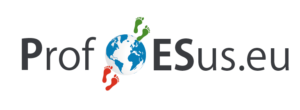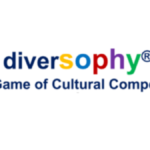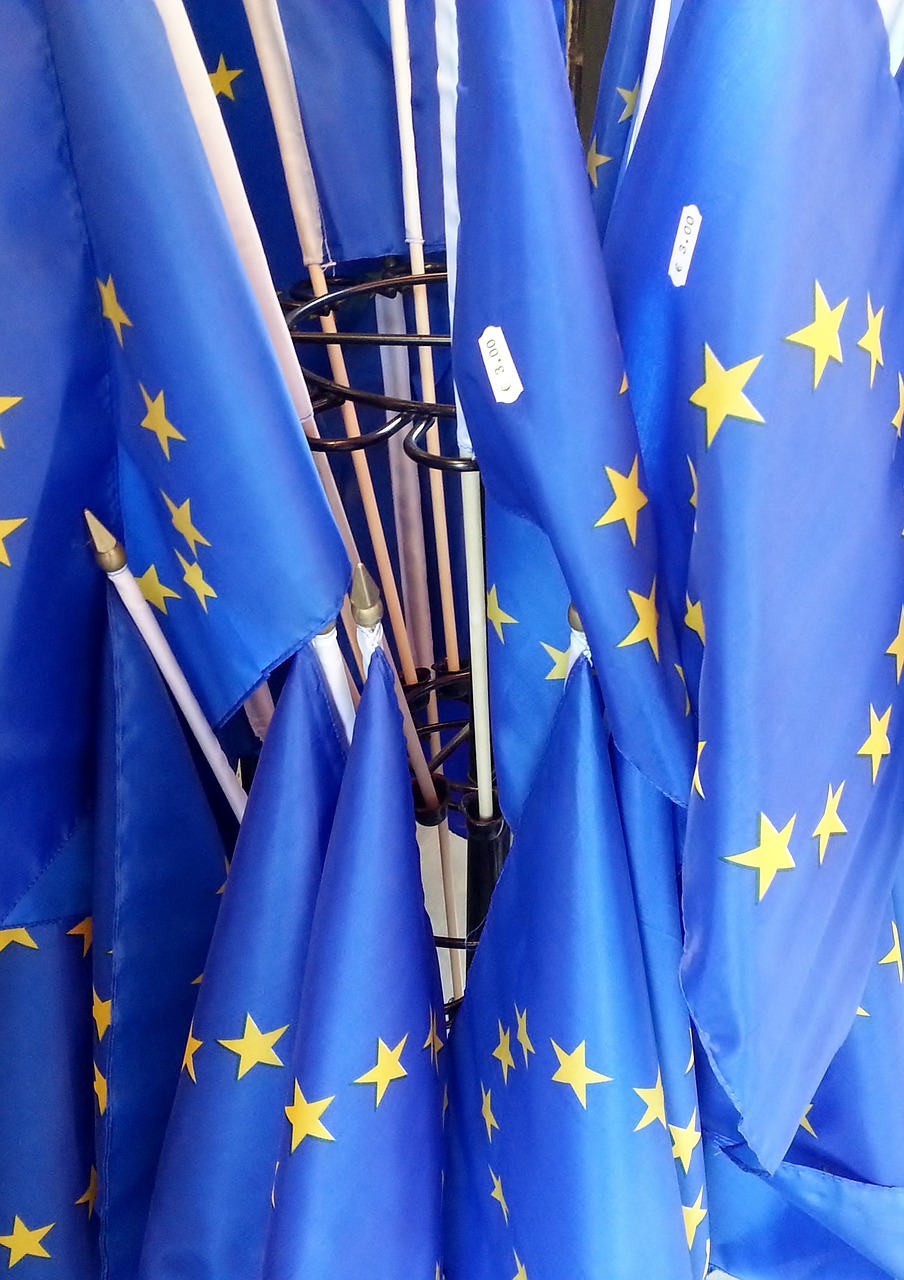Your project here?
I am available to help with quality assurance and development of blended learning materials.
You will find below brief descriptions of the main projects I have been involved with over the last decade or so. Since 2010 I have participated in projects in my own right with my company.
Partners I have worked with in these projects include:
| Belgium | CCITABEL |
| France | diversophy |
| Denmark | Kalø Højskole, Syddjurs Kommune, Ministry of Integration |
| Germany | Inter-research,The University of Bonn, Fachhochschule Koblenz, Hochschule Fulda |
| Greece | International Hellenic University, University of Thesalonnika, WOW group |
| Italy | The University of Rome, CISME, Consortio CESAF S.c., Crea |
| Lithuania | Kaunas University, Social Projects Institute (SPI), Social Services Centre Jonava, BETI |
| Norway | NTNU, TiSiP, HiST, Rethink |
| Portugal | CENFIM, University of Aveiro |
| Slovenia | X-Lab |
| South Africa | Kruger to Canyons Biosphere |
| Spain | The Technology Institute of the Canaries, Regional Government of the Canary Islands |
| Sweden | Mid Sweden University |
| United Kingdom | University of Greenwich |
| Virtual Erasmus | Sharing Perspectives Foundation |
Mastering 9 Conversations 2023

Network building for self-employment of refugees
The 9 Conversations (9C) project was well received especially by refugee support organisations (RSOs). The RSOs recognised however, that entrepreneurship was not their primary competence and wished for additional support when implementing the 9 Conversations programme. The follow-up project, Managing 9 Conversations, was therefore developed and created a comprehensive package of tools to enable RSOs to offer the 9 Conversations programme. The package included:
- An enhanced 9 Conversations programme at two levels with additional materials
- An entrepreneurship survey tool to guide potential 9C participants
- A certification guide to enable RSOs to certificate 9C independently and securely
- A train the facilitator course to prepare 9C facilitators
- A mobile first approach that makes all our materials easily transportable across digital platforms
- A customised business plan template to help RSOs decide how 9C could fit into their organisational stratey
The M9C facilitator training mirrors the 9C programme and is centred once more upon the creation of a Business Model Canvas (BMC) to explore how 9C can be implemented sustainably in their organisations.
I was responsible for the development of the train the facilitator course. The project is coordinated by TiSiP in Norway.

9 Conversations 2020
Network building for self-employement of refugees
Many refugees ran their own business before being forced to flee their home country and see re-establishing a business as the only way to beat the high unemployment which follows in their new European home. The 9 Conversations project aims to help refugee entrepreneurs make the right connections in their new homes which will help them to establish their new businesses. We do this by setting up mutually supportive groups that follow our recommended structure. The 9 Conversation programme emphasises developing relevant new networks in the local are with the help of a facilitator. At the heart of the programme is the Business Model Canvas (BMC) which each participant will develop for their own business idea. At the end of the programme each participant should be able to describe their new business using the BMC template as a story framework and should have made some relevant contacts in their local area to help them develop the idea further.
Anne Fox ApS is the partner responsible for the development and implementation of the quality assurance plan and for developing the facilitator guide. The project is coordinated by TiSiP in Norway.

Sustainability 2019
Implementing a sustainable mindset for a future-oriented lifestyle
When training guest-oriented vocational skills to students who will go on to work in small canteens, bed and breakfasts, cafes and restaurants, how do you impart a sustainable outlook? That is the challenge of the Prof E Sus project. We are developing a teacher training built on sustainable education competences and are exploring the value of case studies as a pedagogical approach.
Join our Quality Board if you are interested in seeing the work of the ProfESus project from the inside. Anne Fox ApS is the partner responsible for the development and implementation of the quality assurance plan. The project is coordinated by Hochschule für Agrar- und Umweltpädagogik in Vienna, Austria.

Diversophy 2018
The Diversophy project was supported by the Danish Ministry of Integration in a collaboration with Kalø Højskole. The project involved creating a variant of the existing Diversophy game tailored for refugees in Denmark. Since there was no exisiting Diversophy game for Denmark this meant creating most of the cards from scratch in collaboration with local refugees including some who were students at Kalø Højskole. The game was tested at Roskilde University, at a Kalø Højskole open day and at two local food waste meals as well as at Cafe Grenaa. The results were presented at the IATEFL conference in Liverpool in 2019 and at the 2019 SIETAR Congress in Leuven, Belgium. The game was produced in English, Danish and Arabic and is available as a free download here from Kalø Højskole or from diversophy® webpage here.
Read more about diversophy® here: https://diversophy.com
M-HOUSE 2015
The purpose of the M-HOUSE project was to increase households’ awareness of their business potential and to valorize their entrepreneurial soft skills. M-HOUSE originates from the idea that households (both traditional and not) are based on simple business rules, which, if properly understood and valued can lead to greater creativity and employment opportunities.
Our target group was therefore households, meaning anyone in charge of the management of a house or a family; this includes individuals living alone, people sharing a flat with friends, couples, families with children.
The project aimed at providing households with alternative career/employment pathways, to reach personal fulfillment, to allow especially women (housewives or workers) or people outside the job-market to achieve their personal fulfillment reconciling work commitment with the family one, providing participants with the practical means to increase their employment opportunities.
My role in this project was to develop and implement the quality assurance plan, including the setting up of an external voluntary quality board of interested experts.
FLITE 2015
The dccdFLITE project built on the proven technique of using ConCurrent Design to fully develop an online course including the associated business plan to develop an online course that would train higher education students in entrepreneurial skills. These entrepreneurial skills included the use of CCD as a project management process. The project was aimed at IT students but open to anyone with an entrepreneurial interest.
My role in the project was to develop and implement the quality assurance plan including the establishment of a voluntary quality board of external experts to advise the project on the quality of its products.
UniKey 2013
Uni-Key – Turning European placements into a learning environment for entrepreneurial skills – as a key competence of graduates of European universities
European as well as national policies and strategies (e.g. EU2020 strategy and their national counterparts, Oslo Agenda for Entrepreneurship Education) underline the need for more efforts on university-enterprise cooperation and the development of a culture of entrepreneurship and innovation.
The Unikey “Bottom up approach” meant that we approached students/graduates when they get out of their “comfort zone” by undertaking an EU university-enterprise mobility period like Erasmus placements, for example, for which they need to leave their home university. Unikey identified key situations during a placement period and turned them into key entrepreneurial learning situations, i.e. entrepreneurial skill trainings aim to train and prepare for practical situations each student might experience before, during and after the stay abroad.
The Unikey programme consists of seven learning modules and one train-the-trainer module aimed at the employer hosting an intern. Its learning modules also take into account accessibility by mobile devices catering for the need for flexibility of mobile target groups.
My role in the project was to develop and implement the quality assurance plan. I also helped in the development of the learning modules.
UnderstandIT 2012
The UnderstandIT project used the VITAE course to test how ConCurrent Design (CCD) could be used to develop a design document for an elearning course. ConCurrent Design originated in the engineering world and was here being transferred to a didactic context. The process of using CCD for elearning design can now be applied across educational institutions. One of the innovative aspects of the project is that the end product was not just a course implementation plan but also a business plan describing the resources needed and associated costs. My role in this project was to devise and implement the quality assurance plan.
LIPS 2009
LIPS developed an online training course to improve students’ skills and competences for their successful completion of work experiences abroad. Interactive modules including video, all aimed at successful preparation for key situations, that were developed by the project team.
My role in the project was to monitor and implement quality assurance as well as facilitating the regular online project meetings.
VITAE 2010
In this project which I coordinated, we aimed to empower vocational teachers to mentor their students and colleagues to work competently in the digital world.
The core of the model is a “Train the Trainer” course consisting of the four elements below:
- Extending your skills’ by expanding your personal learning environment
- Clarifying what support you need from your management through the use of assessment tools
- Testing selected tools and a way of choosing when each is appropriate.
- Practicing mentoring skills to share your expertice
The PDF version of the project handbook provides comprehensive information and in-depth information.
Media-Net-Works 2007
MEDIA-NET-WORKS promoted active citizenship through digital and media competence in combination with intercultural awareness. During the piloting of the training programme participants were involved in building and maintaining their own transnational communities in order to share knowledge and insights. Participants also analysed existing virtual communities and the discursive behaviour observed in these fora. My role in the project was to collaborate in developing the learning modules.
Teaching Culture 2006
In the Teaching Culture project I helped to design the blended learning course that brought together teachers in adult education all over Europe to reflect on how they could make their teaching more culturally responsive.
One common aim in European education should be that teaching is carried out by professionals who commit themselves to comparable standards. This means that teachers would have equal access to authentic resources, would work on the development of their own intercultural awareness and would share the responsibility of facilitating learning processes that enable adult learners to successfully take part in the intercultural dialogue.
Working in the “Teaching Culture!” international network, the teachers themselves are part of an intercultural learning situation and thus bring in their own experience in developing and testing teacher training modules in intercultural awareness with their own adult learners.
